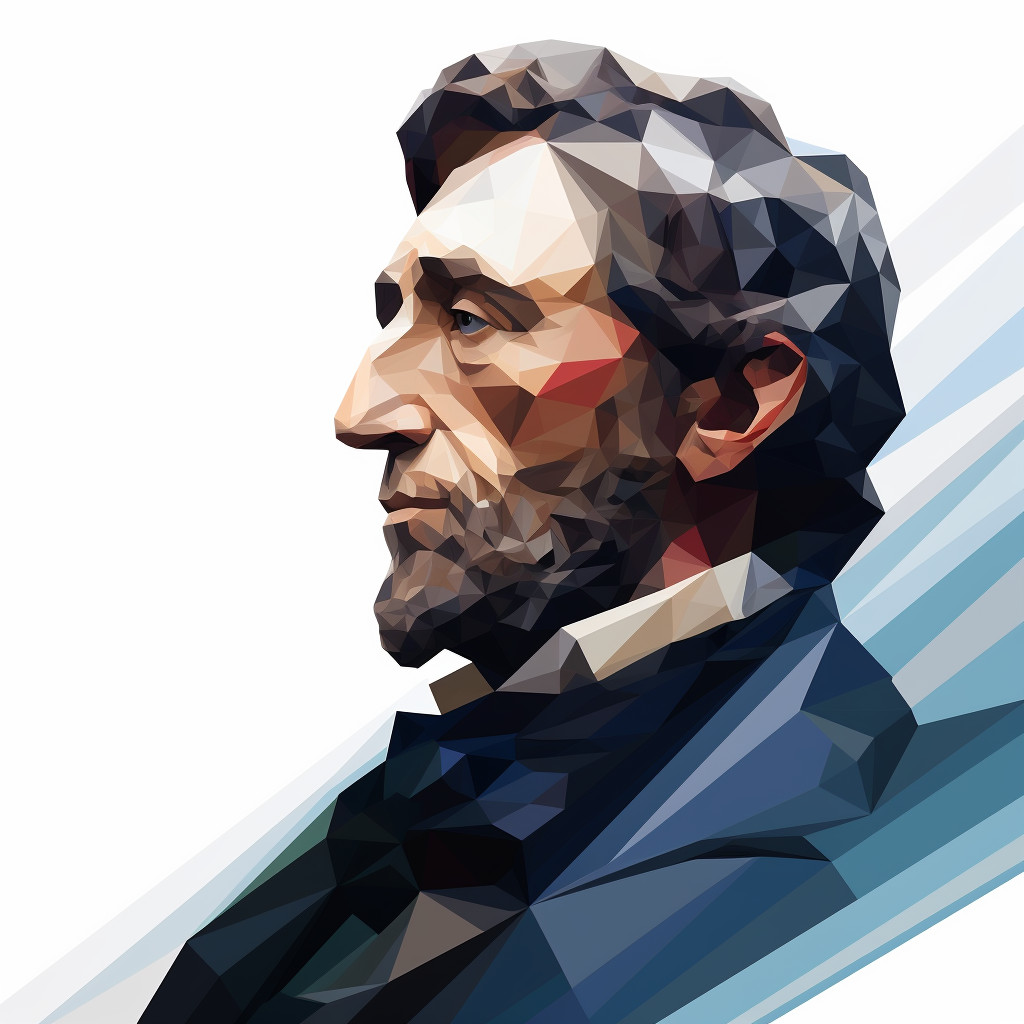This quote by Thoreau implies that our understanding and perception of fairness is largely based on our personal experiences. In essence, it suggests that we perceive something as fair when it aligns with our own experiences or expectations. It’s a commentary on the subjectivity of fairness, and how it is shaped by our individual perspectives and biases.
The idea of fairness, according to Thoreau, is not an absolute concept that can be universally applied, but rather, it is relative and personal. What may seem fair to one person might not be the same for another, as it is influenced by our unique experiences, cultural backgrounds, personal values, and belief systems.
Applying this idea to today’s world, we can see it reflected in various social, political, and cultural debates. For instance, issues such as wealth distribution, access to healthcare, and social justice are often seen through different lenses of fairness, depending on one’s experiences and perspectives.
In terms of personal development, Thoreau’s quote suggests the importance of self-awareness and empathy. Recognizing that our conception of fairness is influenced by our experiences can help us understand our biases and prejudices. It can also help us empathize with others who have different perspectives, as we realize that their idea of fairness is shaped by their unique experiences, just as ours is.
Overall, Thoreau’s quote invites us to reflect on our understanding of fairness, challenge our biases, and strive for empathy and understanding in our interactions with others.




